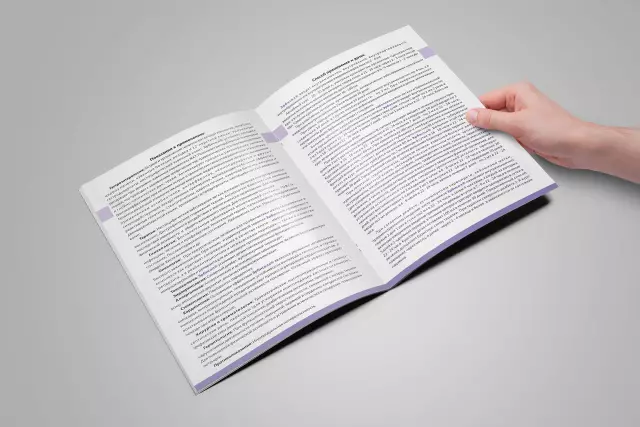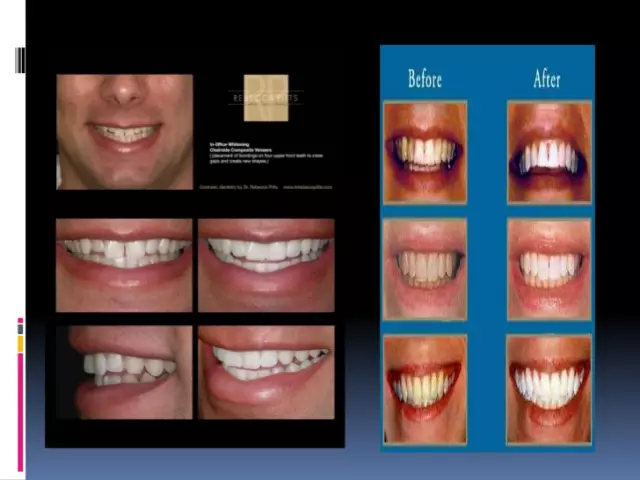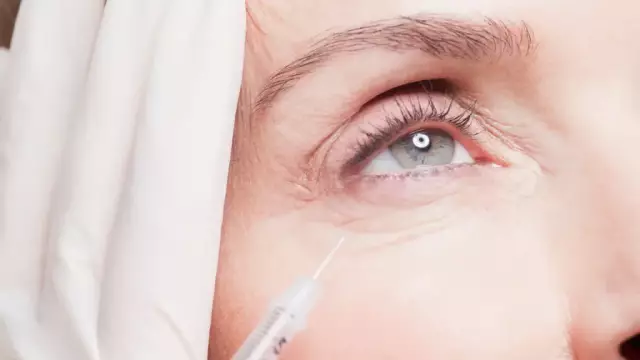- Author Rachel Wainwright wainwright@abchealthonline.com.
- Public 2023-12-15 07:39.
- Last modified 2025-11-02 20:14.
Erbisol
Instructions for use:
- 1. Pharmacological properties
- 2. Release form
- 3. Indications for use
- 4. Contraindications
- 5. Instructions for use
- 6. Side effects
Erbisol is an immunomodulating agent.
Pharmacological properties
According to the instructions, Erbisol contains biologically active peptides with low molecular weight. They are able to activate the control systems of the body inherent in nature, which are responsible for eliminating the emerging pathological changes.
Erbisol acts on the immune system, activating its immunomodulatory effect. The immunomodulatory effect is realized through macrophages, which are responsible for the restoration of damaged cells and the destruction of those of them that cannot be restored. Macrophages of various types restore the balance between cellular and humoral immunity in cancer, autoimmune and allergic processes. Studies have shown a decrease in the frequency of the required courses of radio wave and chemotherapy when using Erbisol in cancer patients.
Additional effects of Erbisol use include strengthening the action of antibiotics, interferons introduced into the body, while the drug reduces their side effects.
The drug accelerates the healing of erosions and ulcers on the mucous membranes in the digestive tract, increases the regenerative capacity of tissues, which also promotes the healing of wounds, injuries, fractures. Erbisol received positive feedback from dentists who use it in the treatment of periodontal disease and periodontitis.
This remedy activates the recovery processes in the liver with its viral, toxic or drug damage. As a result of its use, dead liver cells are replaced by new ones. The antioxidant and membrane stabilizing effects of Erbisol normalize the work of hepatocytes, which at the level of the body is manifested by the disappearance of pain, dyspeptic and asthenovegetative manifestations.
When Erbisol is used in the complex treatment of diabetes mellitus, it reduces autoimmune aggression, and activating macrophages, stimulates the restoration of damaged beta cells in the pancreas. Also, the drug has a positive effect on the formed complications of diabetes mellitus in the form of neuropathies, angiopathies, trophic disorders. Its use often leads to a decrease in the dose of insulin required and to a prolonged remission of the disease. Positive effects on metabolism and improved cardiac contractility improve the quality of life of patients with diabetes.
As an adaptogen, the drug is able to enhance the protective properties of the body. It is included in the therapy schemes for the consequences of environmental pollution and radiation damage. According to reviews, the immunomodulatory effect of Erbisol begins to manifest itself on days 5-7, reaching a maximum on days 21, and holding at the same level for up to 10 days. The hepatoprotective effect is manifested after 2-3 injections.
Release form
Erbisol is produced in solution, in ampoules of 1 and 2 ml.
Indications for the use of Erbisol
In gastroenterology, the drug is used to treat various hepatitis and non-inflammatory liver lesions - hepatosis, hepatopathy, cirrhosis, stomach ulcer or duodenal ulcer, ulcerative colitis.

According to the instructions Erbisol is also indicated for radioactive damage and ecopathology.
The drug is used for diabetes mellitus, nonspecific lung lesions, autoimmune thyroiditis, angiopathies, allergic and autoimmune lesions, periodontitis, periodontal disease. Erbisol received positive feedback from specialists in the field of gerontology. In surgery and traumatology, the drug is used to treat injuries, fractures, wounds, trophic ulcers, bedsores.
In oncological practice Erbisol is used as an accompaniment drug for chemotherapy, radiotherapy, for the prevention of metastasis during surgical interventions, as a stimulator of antitumor protection.
Contraindications
Erbisol is not used in case of individual intolerance and in children.
Erbisol instructions for use
The drug is administered in the following parenteral ways - intravenously, intraarterially or intramuscularly. For adults, the dosage is from 2 to 4 ml of the drug every day, the course lasts 20 days. When the drug is administered once a day, it is advisable to do it before bedtime, 3 hours after eating. In the event that two injections are required, one of them will be optimally done at 6-8 o'clock in the morning, 1-1.5 hours before a meal.
Allergic and autoimmune processes, hepatopathies require the introduction of 2 ml of Erbisol per day. In the case of periodontitis and periodontal disease, the first 10 days are done in 4 ml, and the remaining 10 days - in 2 ml.
In the treatment of diabetes mellitus, autoimmune thyroiditis, peptic ulcer disease, ulcerative colitis, trauma, fractures, liver cirrhosis, asthenic syndrome, the daily dose of the drug is 4 ml for 20 consecutive days.
In case of oncological pathology, to accompany radio wave therapy, according to the instructions, Erbisol is prescribed 2 ml in the morning and evening for 20 consecutive days. During chemotherapy, the dose is 2 ml in the evening for 12-25 days.
Side effects of Erbisol
Erbisol is well tolerated according to reviews. Sometimes in the first days of taking it can cause an exacerbation of chronic inflammation, which is interpreted as part of the treatment process. The risk of allergic reactions cannot be ruled out.
Information about the drug is generalized, provided for informational purposes only and does not replace the official instructions. Self-medication is hazardous to health!






